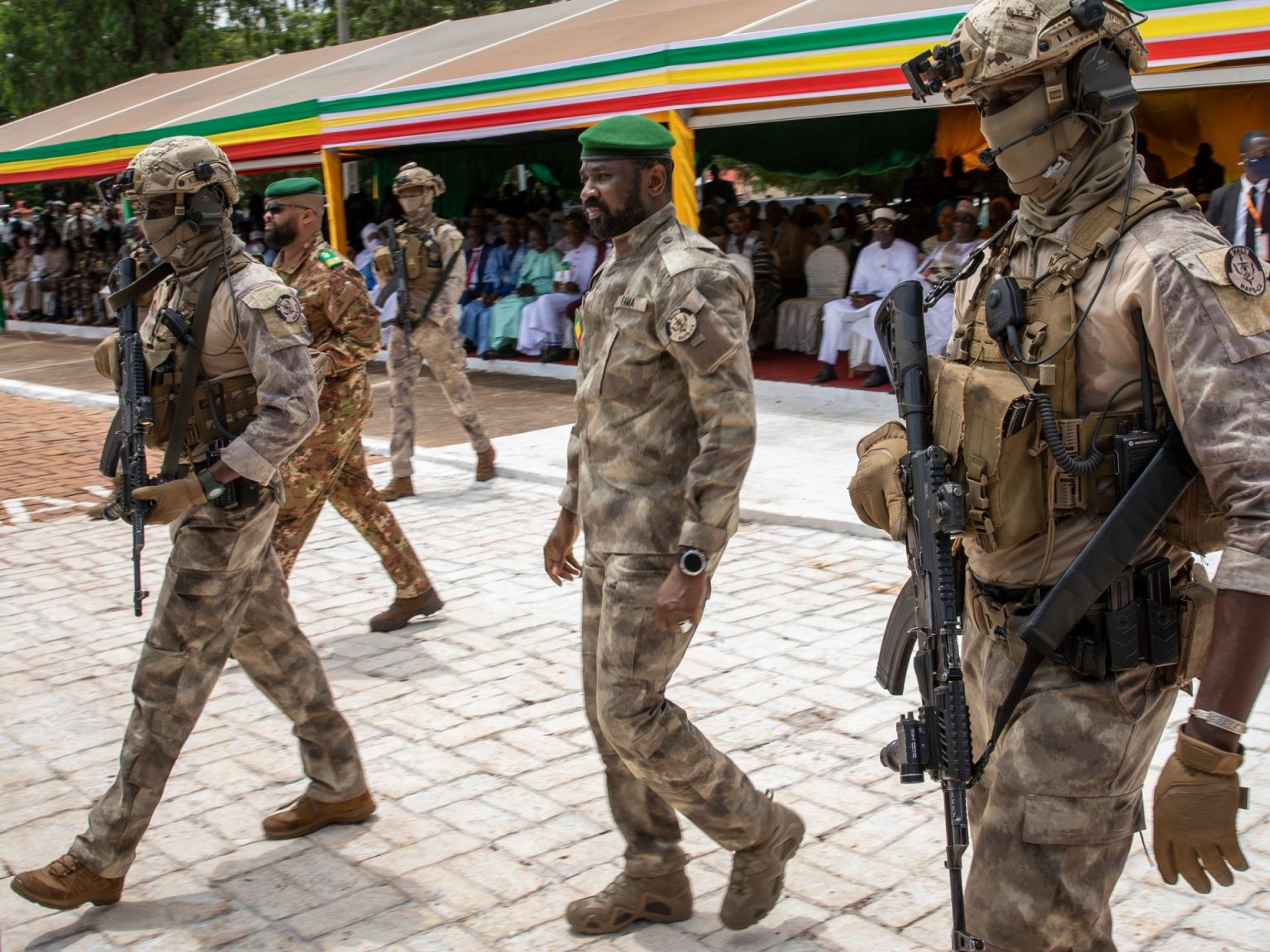The recent drone attacks in the town of Tinzaouaten in northern Mali have resulted in the deaths of at least 21 people, including 11 children. The Mali army has confirmed the attack, stating that the precision strikes targeted terrorists. The coalition of Tuareg-majority groups fighting for independence in the north reported that the drones hit a pharmacy and a group of people, leaving many injured. This is not the first time Tinzaouaten has witnessed air attacks, as similar incidents have occurred as recently as July when separatists claimed to have killed a large number of Malian soldiers and Russian Wagner Group mercenaries.
The separatists alleged that they killed 47 soldiers and 84 Wagner mercenaries in July, but the army did not confirm this death toll. Russian Foreign Minister Sergey Lavrov expressed continued support for Mali in the aftermath of the attack, emphasizing Moscow’s backing for the country and its military. The army has maintained that the Wagner fighters are present in Mali solely as instructors to aid in training efforts. However, the conflict in the region seems to be escalating, with Rida Lyammouri, a senior fellow at a Moroccan think tank, noting that the lack of a strong presence on the ground by Malian forces and Russian mercenaries may lead to an increase in drone strikes, potentially targeting civilians in retaliation for setbacks experienced by Wagner mercenaries.
Since a military coup in 2020, Mali has been embroiled in a power struggle as the army fights to maintain control of the country. In addition to dealing with separatists seeking independence, Mali has been contending with armed groups backed by al-Qaeda since they took advantage of a Tuareg rebellion in 2012. Hostilities resumed in August 2023, marking the end of an eight-year hiatus in fighting between the army and rebels. Under the leadership of Colonel Assimi Goita, the military government has distanced itself from its former allies, including France, and turned to Russia for support, resulting in the deployment of Wagner mercenaries in the country.
The situation in Mali is complex and fraught with violence as different factions vie for control and autonomy. The use of drones in attacks has raised concerns about civilian casualties and the escalation of hostilities. The involvement of Russian mercenaries in the conflict adds another layer of complexity to the situation. The international community must closely monitor the developments in Mali and work towards finding a peaceful resolution to the ongoing conflict to prevent further loss of life and suffering among the civilian population. Mali’s army and separatist groups must also prioritize dialogue and negotiation to address their grievances and work towards a sustainable peace agreement that benefits all parties involved.


